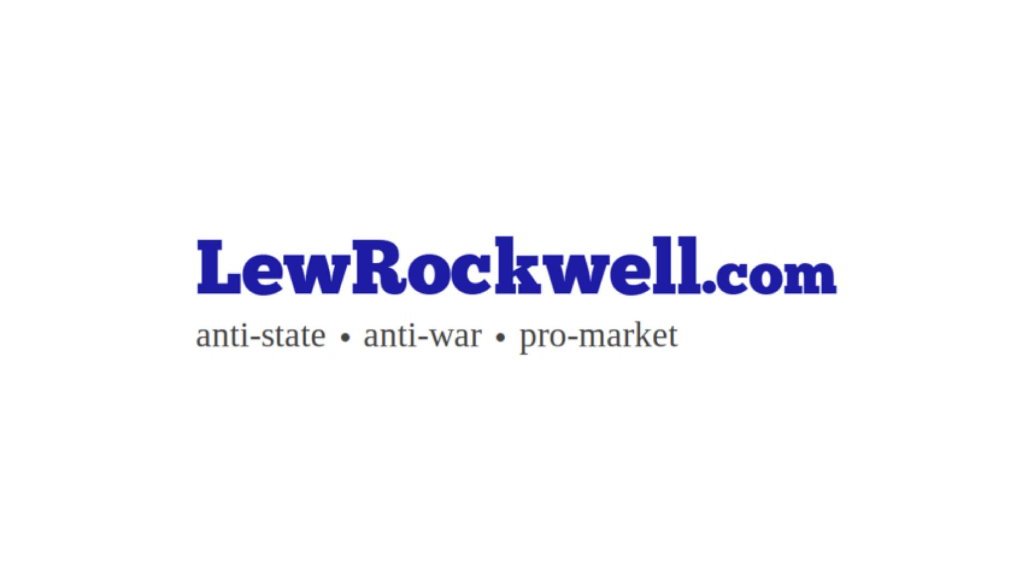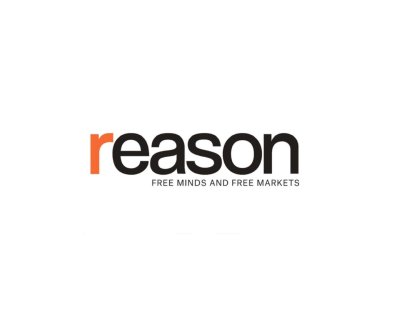‘When No Man Has a Farthing…’
Market cycles have existed since the advent of lending institutions. As far back as 2,000 BC, in Assyria, merchants provided loans to farmers and traders. Often, this created prosperity, with greater amounts of money passing from hand to hand with greater frequency.
Not surprisingly, the interest paid to the merchants inspired them to increase the amounts they would lend, again increasing prosperity.
But periodically, hard times returned and those who borrowed were unable to pay back the loans, leading to recessions.
Since at least the 14th century, rather than lending out gold and silver, goldsmiths in Europe issued letters of credit. Then, in the 17th century, fractional reserve banking emerged as a common practice.
The concept was that a bank might lend out the majority of its deposits, retaining a small percentage for day-to-day business. But for many banks, at some point, the temptation to lend out more in promissory notes than the bank actually had on deposit became too great.
Periodically, there would be a market contraction and the banks would fail. Those who thought that they owned money found that they did not. It was gone.
Fast-forward to the 21st century and we see the fractional reserve concept as the norm, with banks having a host of means by which to lend out multiples of the money they actually have on deposit.
Naturally, this leads to bigger booms, but also bigger crashes.
At present, we’re at the end of the longest boom in history, and
Article from LewRockwell

LewRockwell.com is a libertarian website that publishes articles, essays, and blog posts advocating for minimal government, free markets, and individual liberty. The site was founded by Lew Rockwell, an American libertarian political commentator, activist, and former congressional staffer. The website often features content that is critical of mainstream politics, state intervention, and foreign policy, among other topics. It is a platform frequently used to disseminate Austrian economics, a school of economic thought that is popular among some libertarians.




